
Berks County Real Estate Market Sees Major Commercial Deals
Berks County's real estate market saw major activity, highlighted by a $7 million commercial land sale and a $950,000 residential deal.

Leo Caldwell is an Economic Data Analyst for Crezzio, specializing in regional economic trends, labor market analysis, and the real estate sector. He focuses on translating complex data into clear, accessible reports for a broad audience.
Portfolio

Berks County's real estate market saw major activity, highlighted by a $7 million commercial land sale and a $950,000 residential deal.
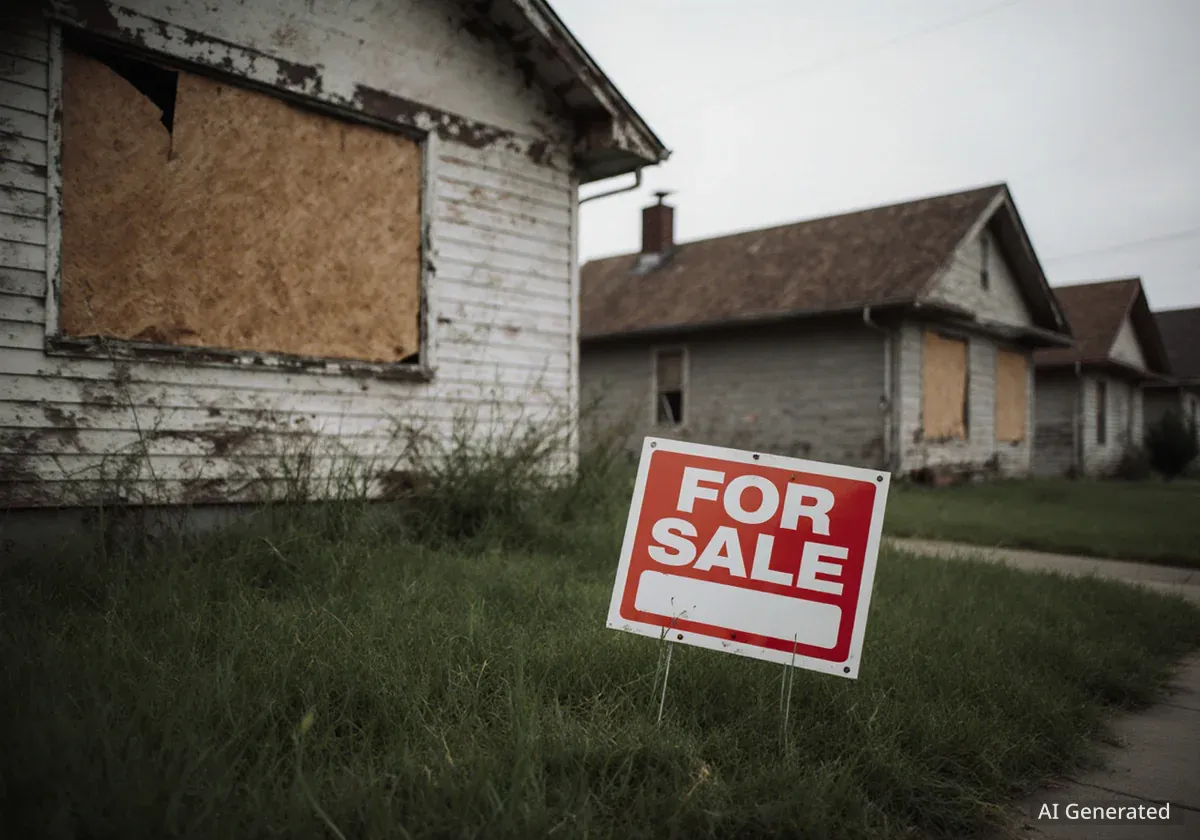
Sales of existing US homes fell by a sharp 8.4% in January, the largest monthly drop in years, prompting economists to warn of a 'new housing crisis'.
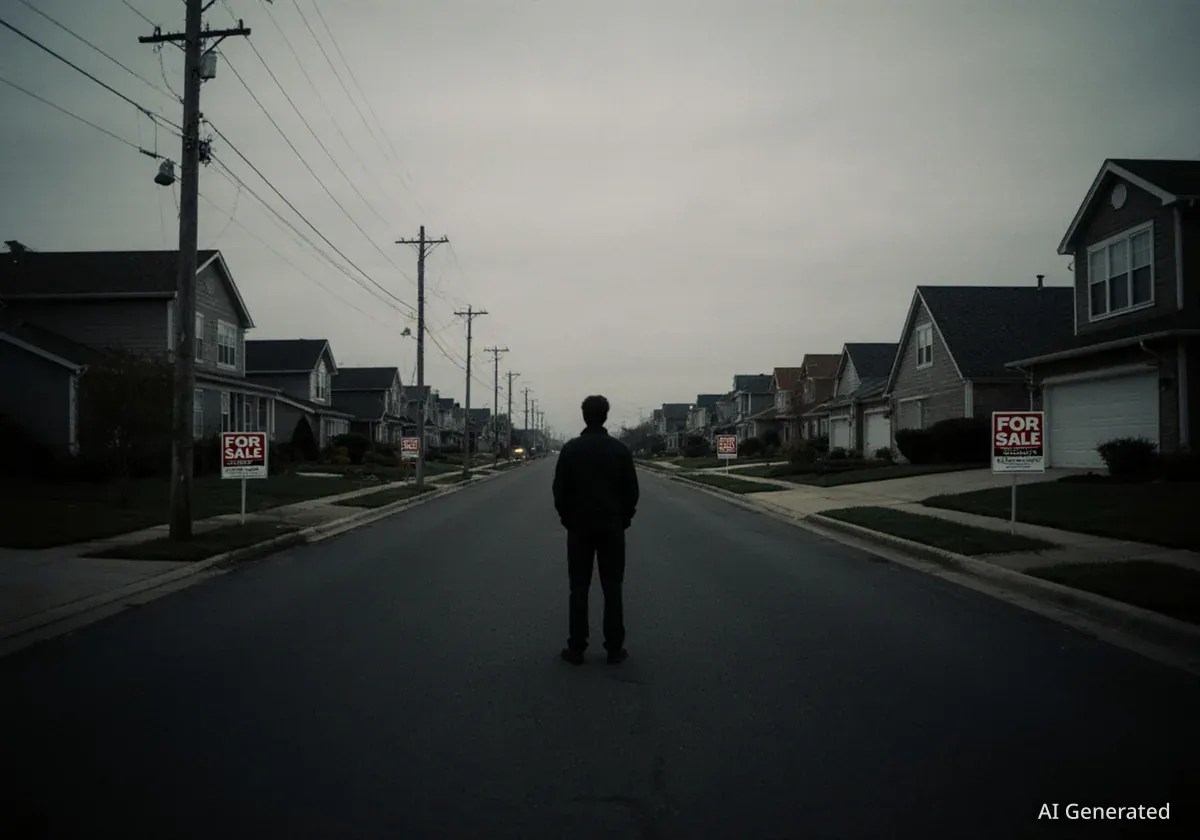
The U.S. housing market's recovery has stalled as national inventory falls 17.2% below pre-pandemic levels, the widest gap recorded since March 2025.
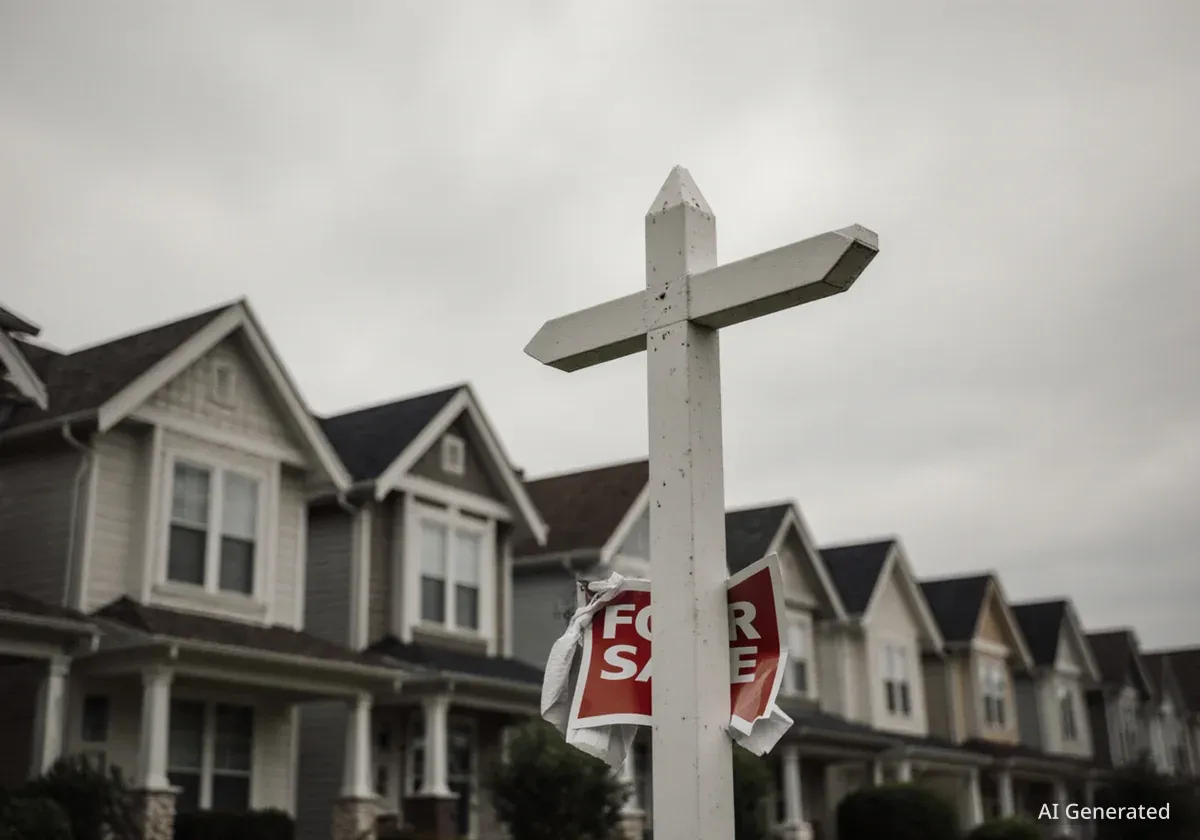
A record 16.3% of U.S. home purchase agreements were canceled in December, as a surplus of sellers and high costs give buyers more leverage.
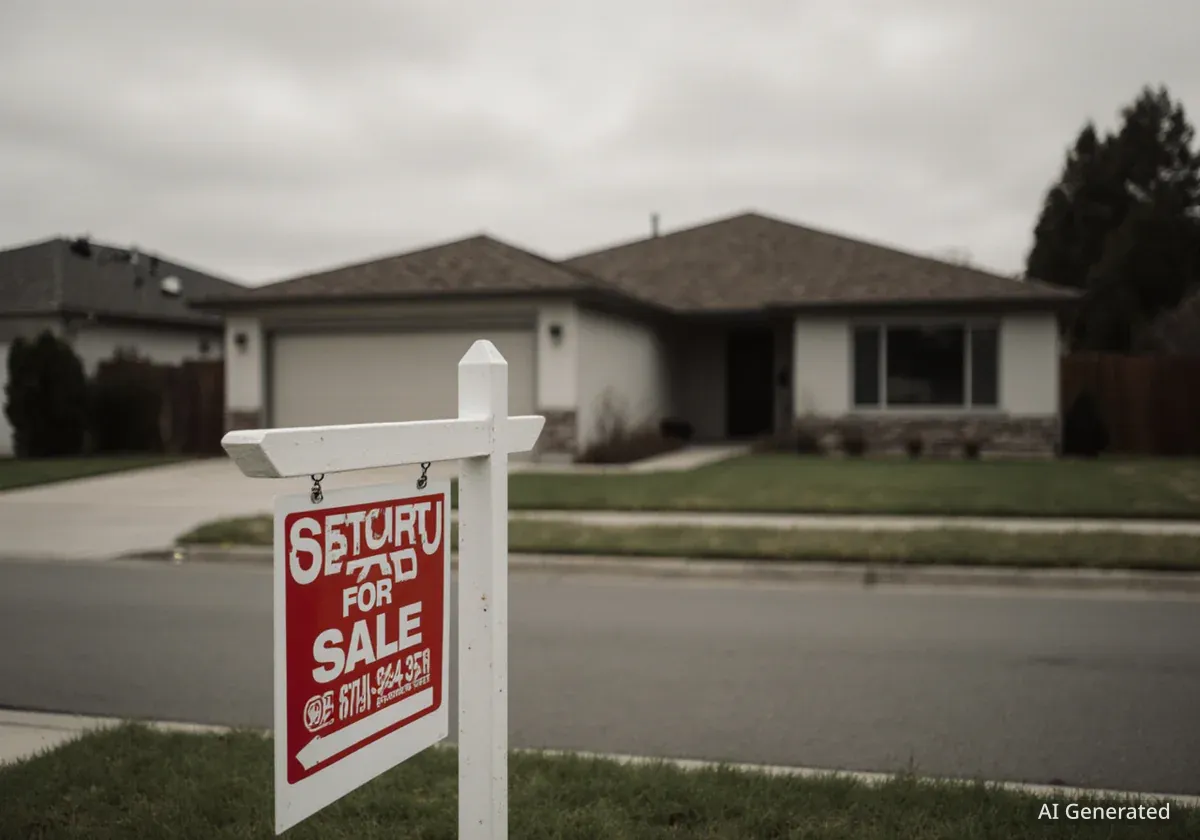
Pending home sales in the U.S. dropped sharply by 9.3% in December, reversing recent positive trends and raising questions about the market's direction.

A critical tipping point has been reached in the US housing market, as more homeowners now have mortgage rates above 6% than below the pandemic-era low of 3%.

A major shift is occurring in the US housing market, as the number of homeowners with mortgage rates over 6% now exceeds those with sub-3% rates.

The Texas real estate market is experiencing a significant cooldown after its pandemic-era boom, with homes staying on the market longer and fewer new agents joining the industry.

The 2026 real estate market is at a crossroads, with improving affordability challenged by Federal Reserve policy, ongoing legal battles, and potential government intervention.

US housing inventory experienced its largest monthly drop since June 2023, as both sellers and buyers retreat from the market due to high mortgage rates.

Frustrated homebuyers are calling out the growing trend of 'catfish' real estate photos that use deceptive editing and camera tricks to misrepresent properties.

Economic forecasts for 2026 suggest a cautious but steady recovery for the U.S. housing market, with a modest rise in sales and a slight dip in mortgage rates.

The Federal Reserve is expected to cut interest rates this week, but economists warn this may not lead to a significant drop in mortgage rates for homebuyers in 2026.

Philadelphia's housing market has slowed dramatically, with home sales dropping to a historic low. Only 1.8% of homes were sold this year, reflecting a national trend.
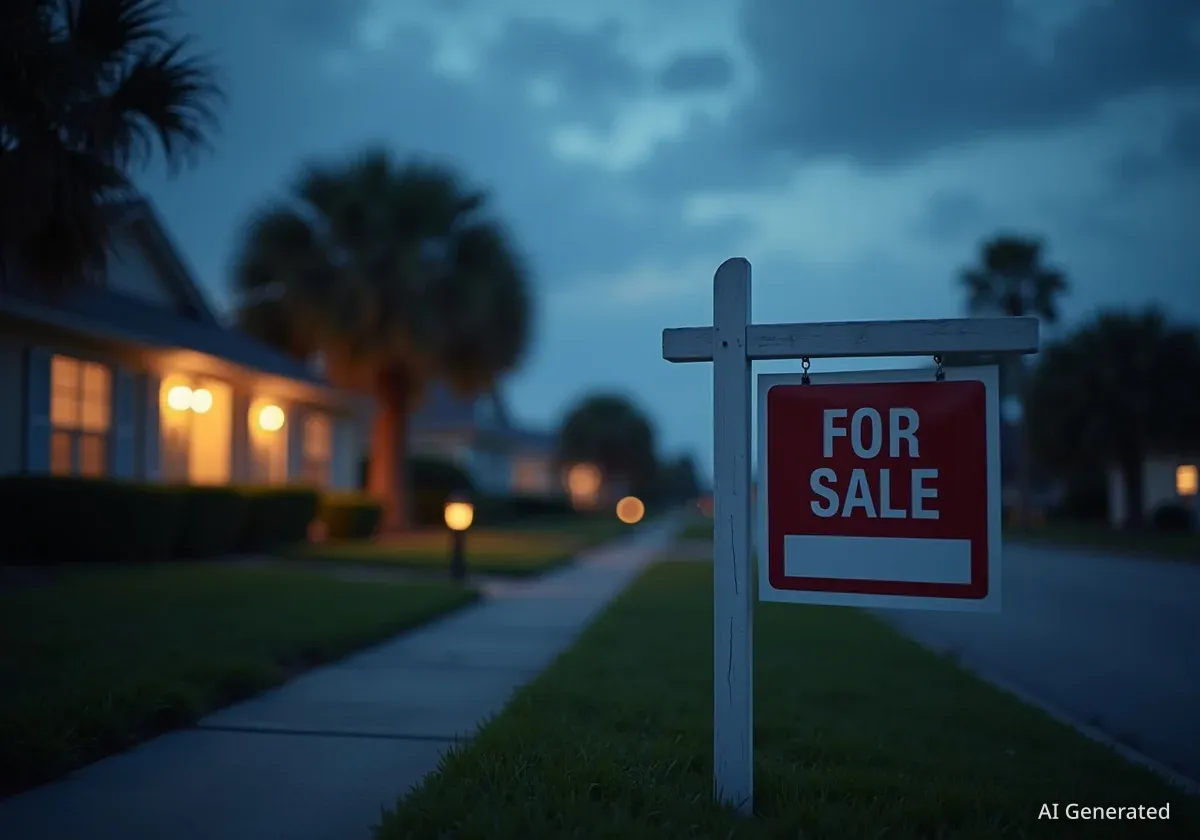
Home sales in Tampa Bay have fallen to a new low, with only 3.1% of homes changing hands this year, reflecting a national housing market slowdown.

As home prices soar, the 50-year mortgage is being debated as a solution. Experts warn of minimal monthly savings, massive interest costs, and dangerously slow equity growth.
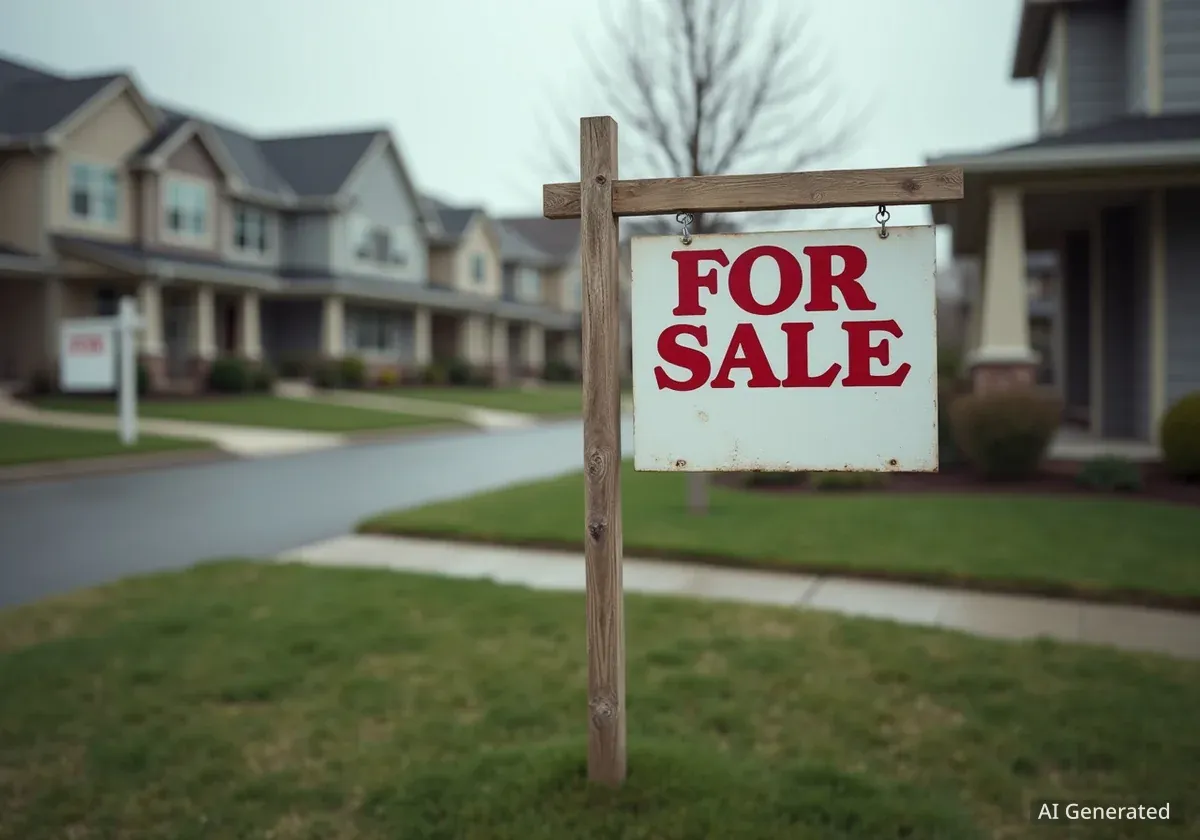
Nearly 85,000 US home sellers pulled their properties off the market in September, a 28% increase from last year. Weak buyer demand and falling prices are forcing homeowners to wait for better conditi

A projected demographic shift, with U.S. deaths expected to outpace births by 2033, is set to fundamentally reshape the housing market by lowering demand.

The election of a new socialist mayor in New York City is causing a stir in luxury real estate markets, with wealthy buyers exploring properties in Florida and Connecticut.

Thousands are flocking to Miami's real estate scene, inspired by TV glamour, but many face a harsh reality of low pay and intense competition.